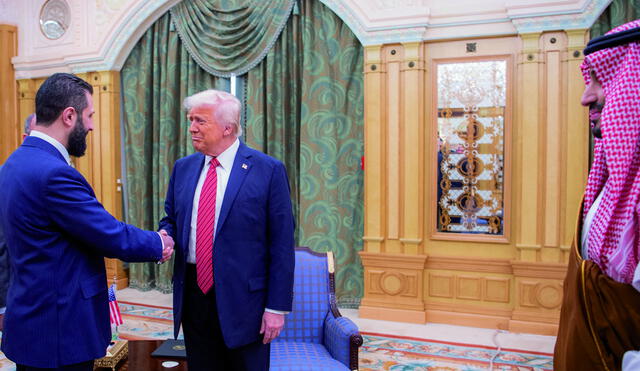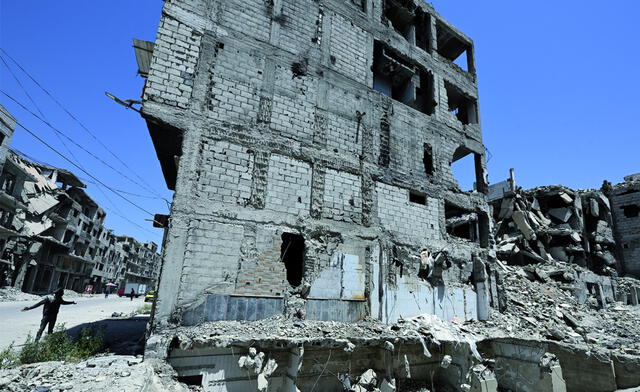Trump's administration lift Syria sanctions after decades
Donald Trump announced the lifting of sanctions on Syria, seeking to support the reconstruction of the country after the civil war.

After promising to unwind the measures, Donald Trump's administration issued orders last Friday to lift sanctions on Syria. The President said that this will help the country rebuild after a devastating civil war. He announced this before meeting the Syrian president on his Mid-East tour last week.
The Treasury Department issued a general license, known as GL25, which "authorizes transactions prohibited by the Syrian Sanctions Regulations, effectively lifting sanctions on Syria," the statement said. It will facilitate electricity, energy, water and sanitation provision in Syria.
Why are they going to lift Syria sanctions?
The President met with the Syrian president, Ahmed al-Sharaa, and Syria's prime minister Mohammed bin Salman in Saudi Arabia last week. According to them, the US president asked Syria to improve several conditions in order to relieve the sanctions. It is hoped that this easing will help humanitarian organizations that are working in Syria.
The conditions that the White House imposed included telling all foreign militants to leave the Asian country, deporting what Trump called terrorists from Palestine, and working alongside the U.S. to prevent the resurgence of ISIS. Apparently, Syria has begun to fulfill these petitions, which starts the sanctions relief this weekend.

On Syria, there are still some ruined buildings as a result of their Civil War, even 14 years later. Photo: AFP News
ALSO SEE: Trump signs executive orders to boost U.S. nuclear energy for AI-driven power demand
Syria reaction to the relief
Early this Saturday, a Syrian Foreign Ministry official, Asaad al-Shaibani, welcomed the lifting of the sanctions. He called it "a positive step in the right direction to alleviate the country’s humanitarian and economic suffering." Now, Syria is keen to reach cooperation with other countries, according to al-Shaibani's statement.
Most of the U.S. sanctions on the Asian country were imposed when Bashar al-Assad became president in 2011. Other key individuals were also included after the Syrian civil war started. Senator Marco Rubio also established a 180-day waiver to ensure that the sanctions will not obstruct investment in Syria.












